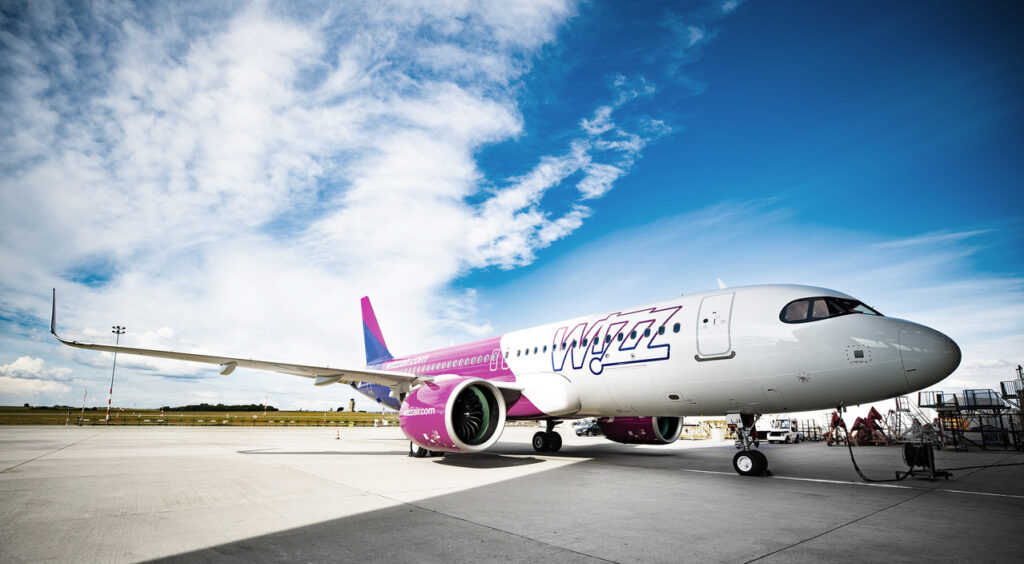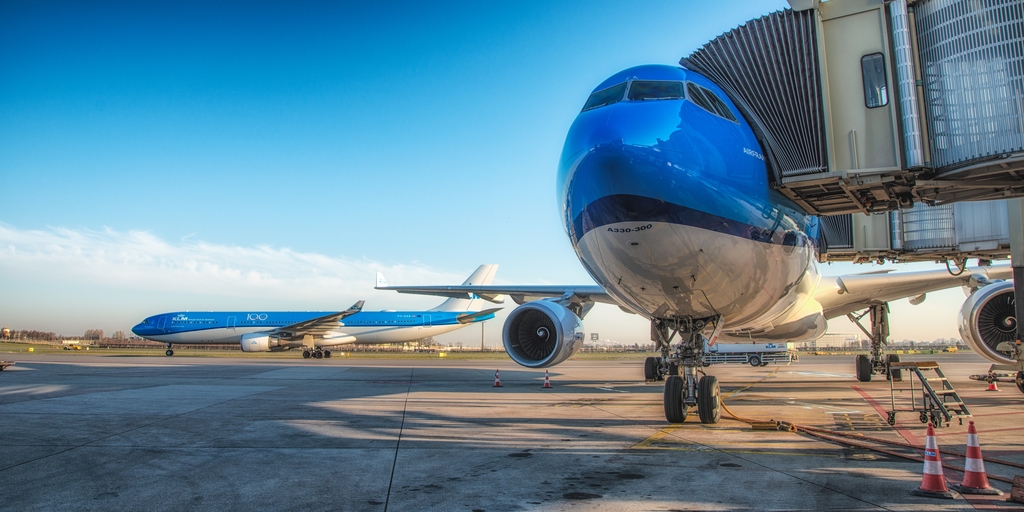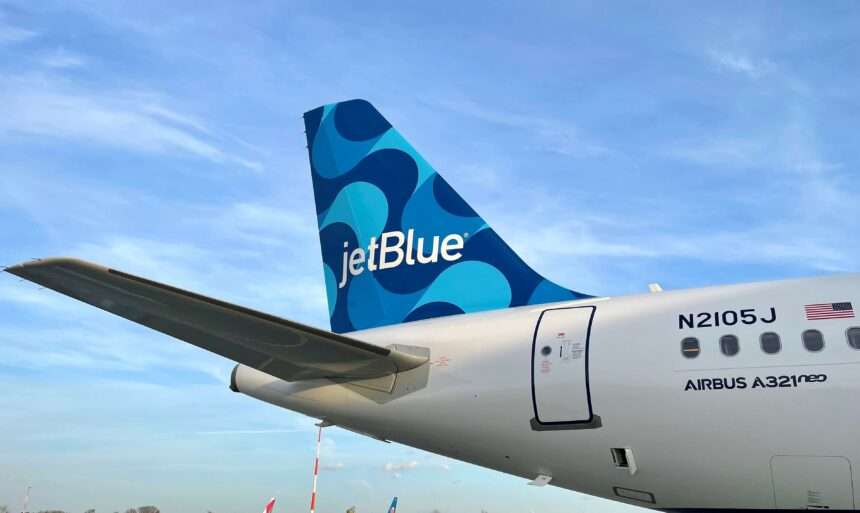Wizz Air Holdings Plc has unveiled robust unaudited results for the first six month period of 2023 to September 30..
The airline has reported substantial profit increase amid an improved operational performance compared to last year.
Let’s delve into the highlights that showcase Wizz Air’s H1 performance.
Profits and Traffic
Wizz Air reports a significant profit of €400.7 million for the period, marking a fivefold increase in Q2 compared to the previous year. This financial achievement is a testament to the airline’s effective operational strategies.
The airline reached a new pinnacle with 33.0 million passengers in H1, surpassing the figures from both H1 F23 and H1 F20.
This surge is complemented by a 27.0 per cent increase in Available Seat Kilometer (ASK) capacity, signaling a robust demand environment.
Wizz Air experienced a noteworthy 9.6 per cent YoY increase in Unit Revenue (RASK), with ticket RASK witnessing an impressive spike of 17.4 per cent. These figures underscore the airline’s ability to optimize its revenue streams.
[monsterinsights_popular_posts_inline]

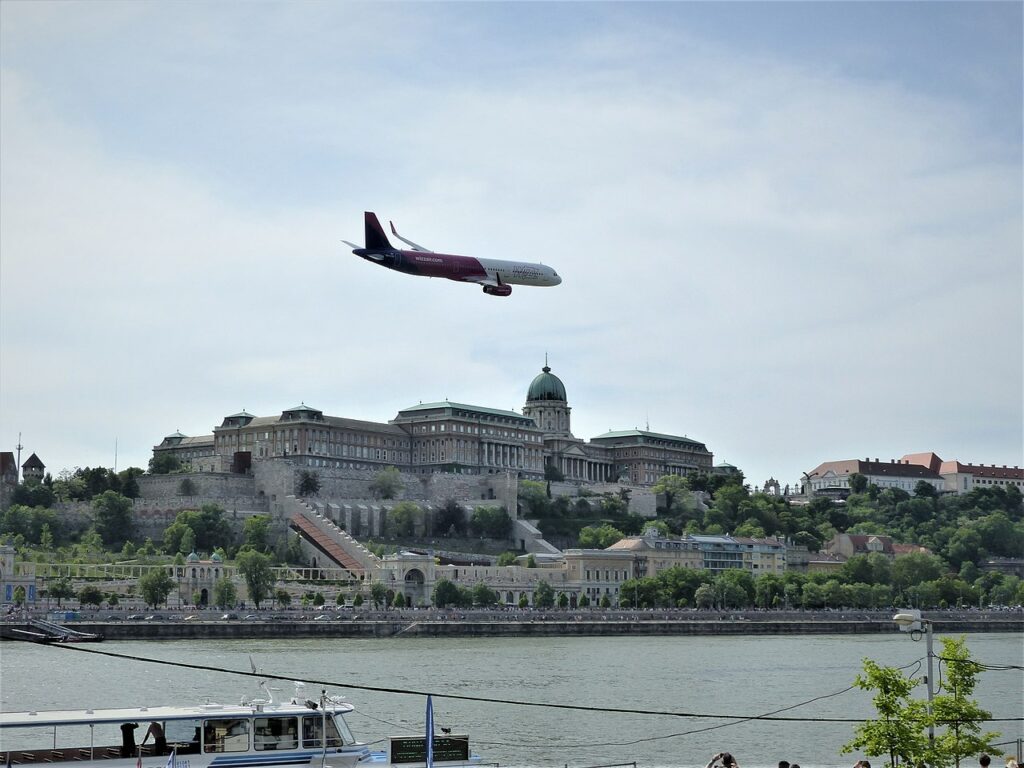
Load Factor Resurgence
Despite challenges, the load factor rebounded to an average of 92.6 per cent, showcasing Wizz Air’s resilience and adaptability in the ever-changing aviation landscape.
Cost Efficiency
Wizz Air achieved a -12.3 per cent YoY reduction in Unit Cost (CASK), with ex-fuel CASK also showing improvement. This cost efficiency is attributed to strategic measures, including addressing airport delays and managing disruption claims.
With a total cash balance of €1.8 billion, Wizz Air exhibits strong financial management, reflecting not only increased selling volumes but also a robust cash flow strategy.
Operational Performance
The airline’s commitment to operational excellence is evident in the improved flight completion rate, reaching an impressive 99.2 per cent compared to 98.1 per cent in F23.
The airline’s fleet utilization saw a significant uptick, reaching 12:18 hours in H1 compared to 11:49 in H1 F23. This enhanced utilization is a key driver of the airline’s overall operational strength.
Sustaining a robust demand environment, Wizz Air is on track to receive 21 Airbus 321neo aircraft by the end of F24, aligning with projections for the year.
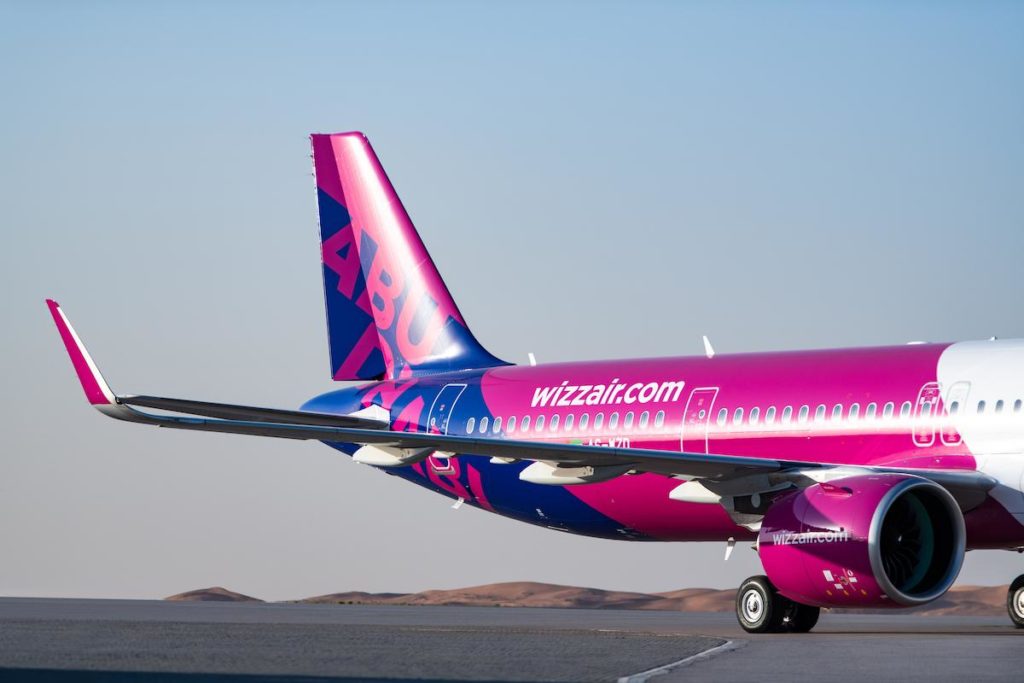
Network Expansion
Wizz Air strategically expands its network during the period, with notable developments in various key markets:
- Polish Market: Wizz Air adds an eleventh aircraft to its Warsaw base, demonstrating significant growth in the Polish market.
- Abu Dhabi Expansion: Wizz Air Abu Dhabi increases its fleet this winter, adding two more aircraft, surpassing its initial plans.
- Romanian Expansion: Bucharest becomes the largest base in the network with the addition of two A321neo aircraft from June 2024.
- Albanian Growth: Tirana receives two additional A321neo aircraft, introducing two new routes and increasing frequencies on existing routes.
- Italian Escapades: Rome and Milan bases witness the largest schedule deployment to date with the addition of four new A321neo aircraft, supporting six new routes and growing frequencies on 17 existing routes.
- London Luton Transformation: Wizz Air announces that its entire fleet at London Luton Airport will comprise Airbus A321neos by 2025.
Fleet Evolution
In the first half of 2023, Wizz Air added 18 new A321neo aircraft to its fleet, with 10 A320ceo aircraft redelivered. The fleet now stands at 187 aircraft, maintaining its position as one of the youngest in Europe.
Four of the delivered aircraft were financed through Japanese Operating Leases with Call Options (JOLCO), showcasing Wizz Air’s strategic financial planning.
Wizz Air’s commitment to sustainability is reflected in its fleet composition, with 57 per cent comprising new “neo” technology aircraft. Plans to reach 63 per cent by the end of F24 underscore the airline’s dedication to environmental responsibility.
Delivery Backlog
As of September 30, 2023, the carrier’s delivery backlog includes a firm order for 13x A320neo, 287x A321neo, and 47x A321XLR aircraft, totaling 347 aircraft. This backlog positions Wizz Air for sustained growth and modernization.
CEO Insights
In closing, József Váradi, Wizz Air Chief Executive, reflects on the period, highlighting the airline’s enhanced operational performance, robust load factor recovery, and strategic expansions.
“This summer we delivered significantly improved operational performance compared to last year. There were fewer flight cancellations, and overall fleet utilisation and productivity increased year on year.”
“Our revenue and profit results reflect the higher volumes we now operate and the enormous amount of work and investment over the past three years,” he said.
Váradi emphasizes the security of the Airbus order book as a catalyst for planned capacity growth and fleet renewal.

Click the banner to subscribe to our weekly newsleter.





